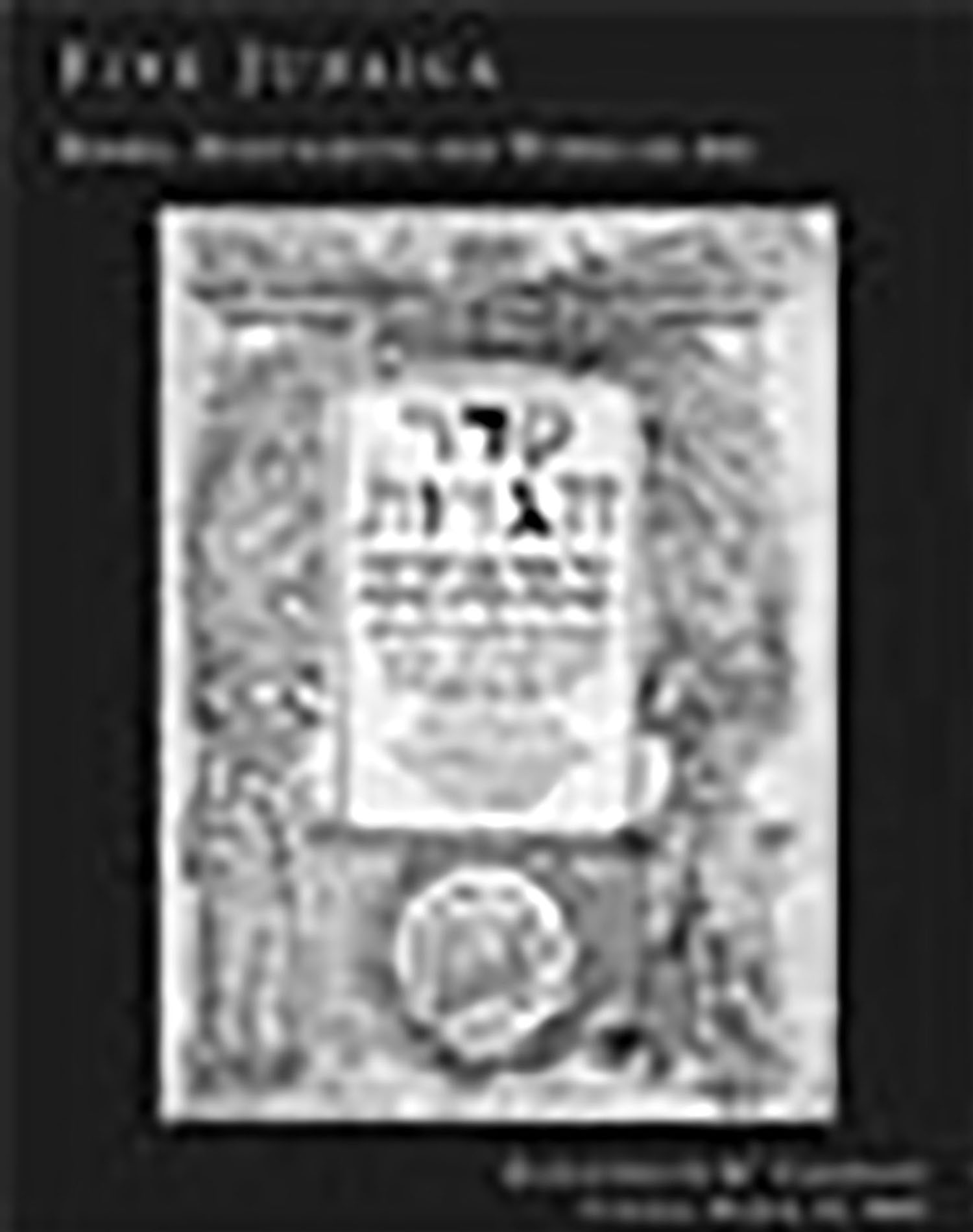Sepher Ikrim [“Book of Fundamental Principles”]

AUCTION 15 |
Tuesday, March 12th,
2002 at 1:00
Fine Hebrew Books, Manuscripts and Works of Art The Property of Various Owners
Lot 6
ALBO, JOSEPH
Sepher Ikrim [“Book of Fundamental Principles”]
Soncino: (Joshua Solomon Soncino) 29th December, 1485
Est: $25,000 - $30,000
Joseph Albo’s philosophical exposition proceeds from the view that every religion is founded on three basic principles: the existence of God, Revelation and reward and punishment. True faith, according to Albo, is that which recognizes not only the roots of these three fundamental principles, but also their logical consequences. The goal of man lies in perfecting himself, and the way of human perfection according to Albo, lies in striving to become similar to the supreme symbol of perfection - God. This can be achieved by doing good and right out of love for God through the loving fulfillment of His will and commandments. Albo also deals here with the terrors of the imminent catastrophe about to befall Spanish Jewry. He interprets suffering as “chastisements of love” imposed as a trial which only serves to strengthen the bond of love between God and Israel. As long as Israel cleaves to God’s ways, they may not lose hope that the day of Redemption will come.
For a brief examination of Albo’s philosophies and the thinkers upon whose ideas he built, see Zinberg, vol. III pp. 233-9
